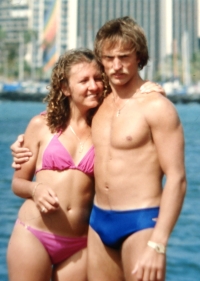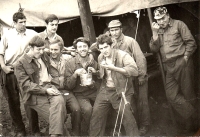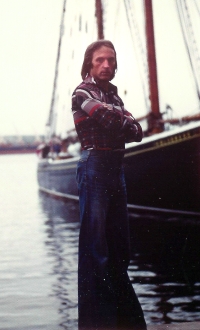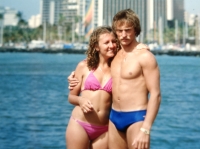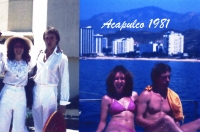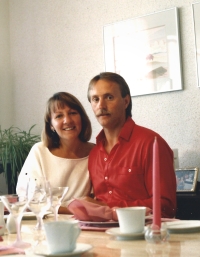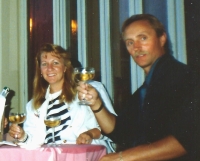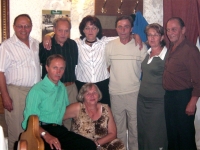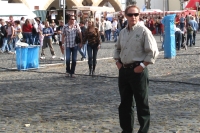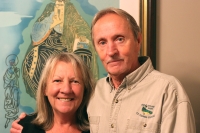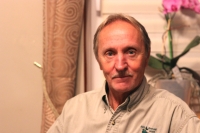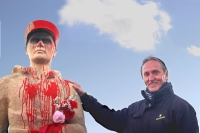A red light guided him as he ran across the border with a machine gun

Download image
He was born as the last of ten children of Miroslav and Jana Köhler on October 16, 1950. Both parents were of German origin but each came from somewhere else. His father was from Croatia, and his mother was from the Czech Republic. Jan Köhler learned from his parents’ stories that his father joined the Communist Party in 1945 and tore up the party book in protest after the February coup in 1948. For this, a communist functionary threatened him: ‘If you didn’t have so many kids, we would hang you.’ In the end, the poor but large family was not worth the revenge of the communists. However, the father was cautious until the end of his life and did not express his opinions publicly, unlike the mother, who told her son a lot about the First Czechoslovak Republic and thereby shaped his political beliefs. Jan Köhler trained as a carpenter in the sixties. He especially remembers the time of the Prague Spring as a period of freedom and increased interest of young people in politics. After August 21, 1968, he participated in protests against the occupiers. In September 1969, he had to attend military service. First, he was at the border with Germany and later at the airport in Žatec. After the military service, in 1971, he got married and went to work in the forests near Bělá pod Radbuzou with his wife. There, he often found himself in the border zone. It wasn’t until 1975 that he had the opportunity to escape. He was called up for training with the border guards. After four days of service, he escaped directly from the patrol across the border. He tricked a colleague by saying he had to go to the toilet. In Germany, as a fugitive soldier, he underwent thorough American interrogations and screening. After nine months, he was able to fly to Canada, which he chose as his future home. There he made a living mainly as a carpenter and later as a construction manager. He also met his current wife there. They lived in Canada and later in the USA until 2007 when they moved permanently to the Czech Republic. In 2022, Jan Köhler lived mainly in Cínovec, where he devoted himself to his favourite sport - golf.
